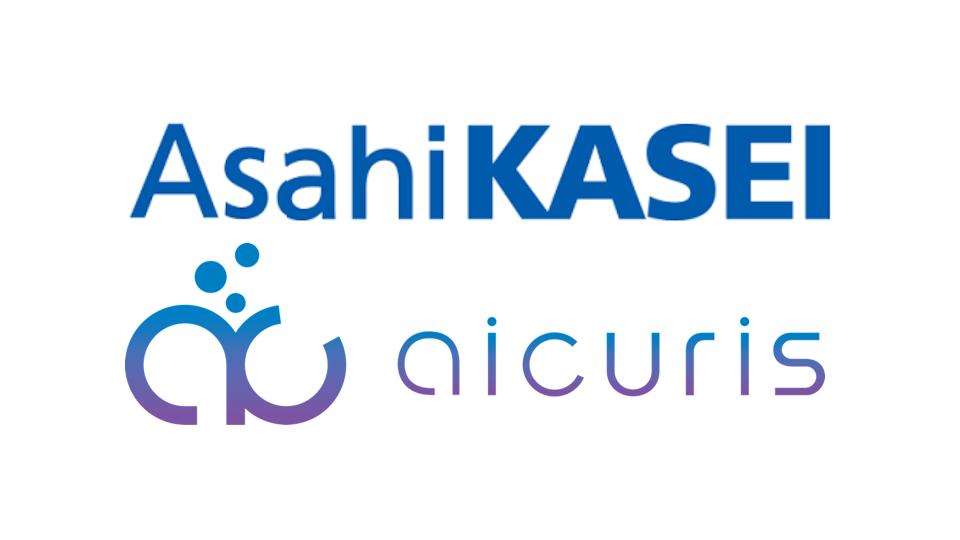Novartis grabs kidney drug developer Regulus in $1.7bn deal

Shreeram Aradhye, Novartis' chief medical officer.
Novartis has reached an agreement to buy Regulus Therapeutics and its experimental therapy for autosomal dominant polycystic kidney disease (ADPKD) for $800 million upfront in a deal that could have a total value of up to $1.7 billion.
Shares in the San Diego-based microRNA-directed medicine specialist rocketed more than 130% in pre-market trading on the announcement of the $7-per-share transaction, approaching a value of $8 at the time of writing.
Another $7 per share could be payable on approval of Regulus' lead drug, farabursen (formerly RGLS8429), which met the mark in a phase 1b trial reported in March and has been due to start a phase 3 trial in the third quarter of this year.
ADPKD is a leading cause of end-stage renal disease and affects around 160,000 people in the US, with a global population between four and seven million. It currently has just one FDA-approved treatment – Otsuka's oral drug Jynarque (tolvaptan) – which was cleared in 2018 and had estimated US sales of $1.5 billion last year.
Regulus' phase 1b data showed that miR-17-directed oligonucleotide farabursen achieved reductions in an ADPKD biomarker (polycystin) and slowed down the increase in kidney size that occurs in patients with the disease, as well as the formation of abnormal cysts.
A fixed dose of 300mg given as a subcutaneous injection every other week looks set to be the dose taken forward into the phase 3 study, which is expected to include a 12-month kidney growth endpoint to support accelerated approval, and 24-month endpoint on estimated glomerular filtration rate (eGFR) – a widely-used measure of kidney function – for full approval.
"With limited treatment options currently available for patients suffering from ADPKD, farabursen represents a potential first-in-class medicine with a profile that may provide enhanced efficacy, tolerability, and safety versus standard of care," said Shreeram Aradhye, Novartis' chief medical officer.
"The team at Regulus has done meaningful foundational work with farabursen, and we look forward to investigating its potential further as we aim to bring a better treatment option to patients in need," he added.
Regulus said earlier this year that it sees a "multi-billion dollar opportunity" for farabursen based on the pressing need for new ADPKD treatments and a high level of willingness among physicians to prescribe the drug for high-risk patients.
Buying Regulus ties neatly into Novartis' push into kidney disease therapies, with a portfolio that includes a trio of drugs to treat IgA nephropathy (IgAN) – two of which are already FDA-approved – and Fabhalta (iptacopan), which recently became the first licensed treatment in the US for C3 glomerulopathy (C3G).
The group's IgAN pipeline stems in large part from its $3.5 billion takeover of Chinook Therapeutics in 2023, while last year Novartis set up a new biotech with the help of venture capital firm Versant, called Borealis Biosciences, that aims to deliver two new kidney disease candidates.
The transaction is expected to close in the second half of 2025. Under the terms of the deal, Regulus will merge with a Novartis unit and become an indirect wholly owned subsidiary of the Swiss group.












